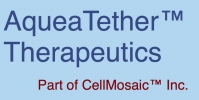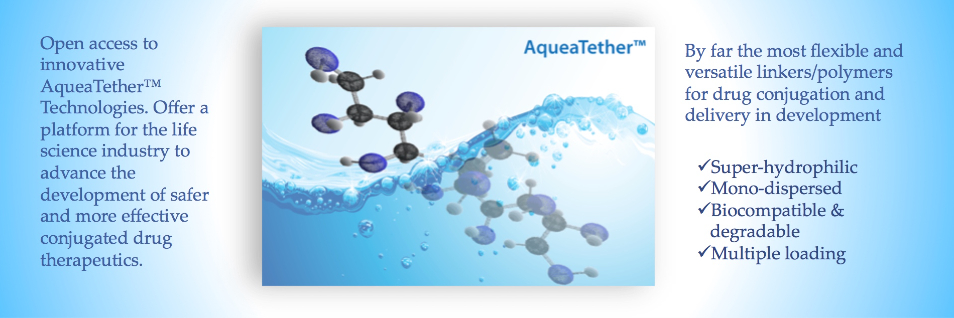PEGylated proteins are the most developed conjugate drugs. Currently, there are more than 10 FDA-approved PEGylated proteins (>$10B per year) and dozens in clinical trials. PEGylated proteins perform much better in vivo than stand-alone drugs, and once they enter the market they can quickly capture the market share. However, the PEG polymer has the limitation of polydispersal (mixture) and non-biodegradability. The FDA has safety concerns regarding the use of high MW PEG polymer and chronic administration of any PEG. PEG is also not hydrophilic enough for certain conjugates in biological applications. Other polymer conjugation technologies include PLGA (poly(lactic-co-glycolic acid), polyacetal (Mersana’s Fleximer ®), and polysaccharides and polysaccharide derivatives, such as hydroxyethyl starch and poly(sialic acid). All of these polymers are polydispersed with limited structural diversity and utility. Some, such as PLGA, lack hydrophilicity. Some may have a propensity for immunogenicity, including polysaccharides and polyacetal, which have many negative charges from acid groups.
We can build AqT™ polymers with the desired properties specific for peptide
and protein delivery. AqT™ polymer builds an enhanced hydrogen bond network around the
drug, protecting it from enzyme degradation, reducing its immunogenicity, improving
therapeutic effectiveness, and decreasing the frequency of dosage. A pure AqT ™ polymer
makes homogeneous AqT™-biologics possible.
AqT™ molecules overcome many limitations of PEG and can push more valuable molecules to market.
If you are interested in peptide delivery by AqT™ polymers, please consult us.


